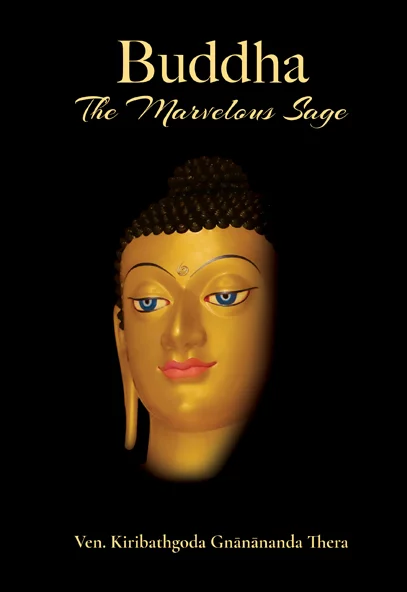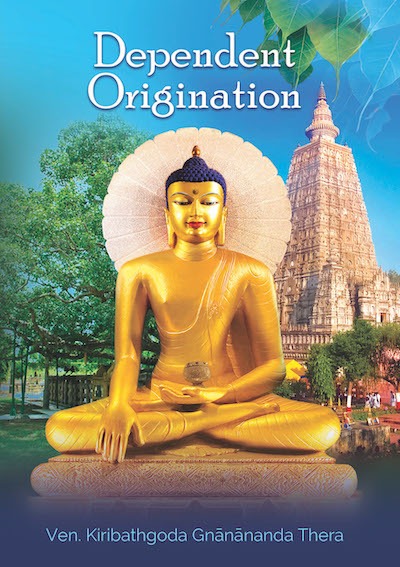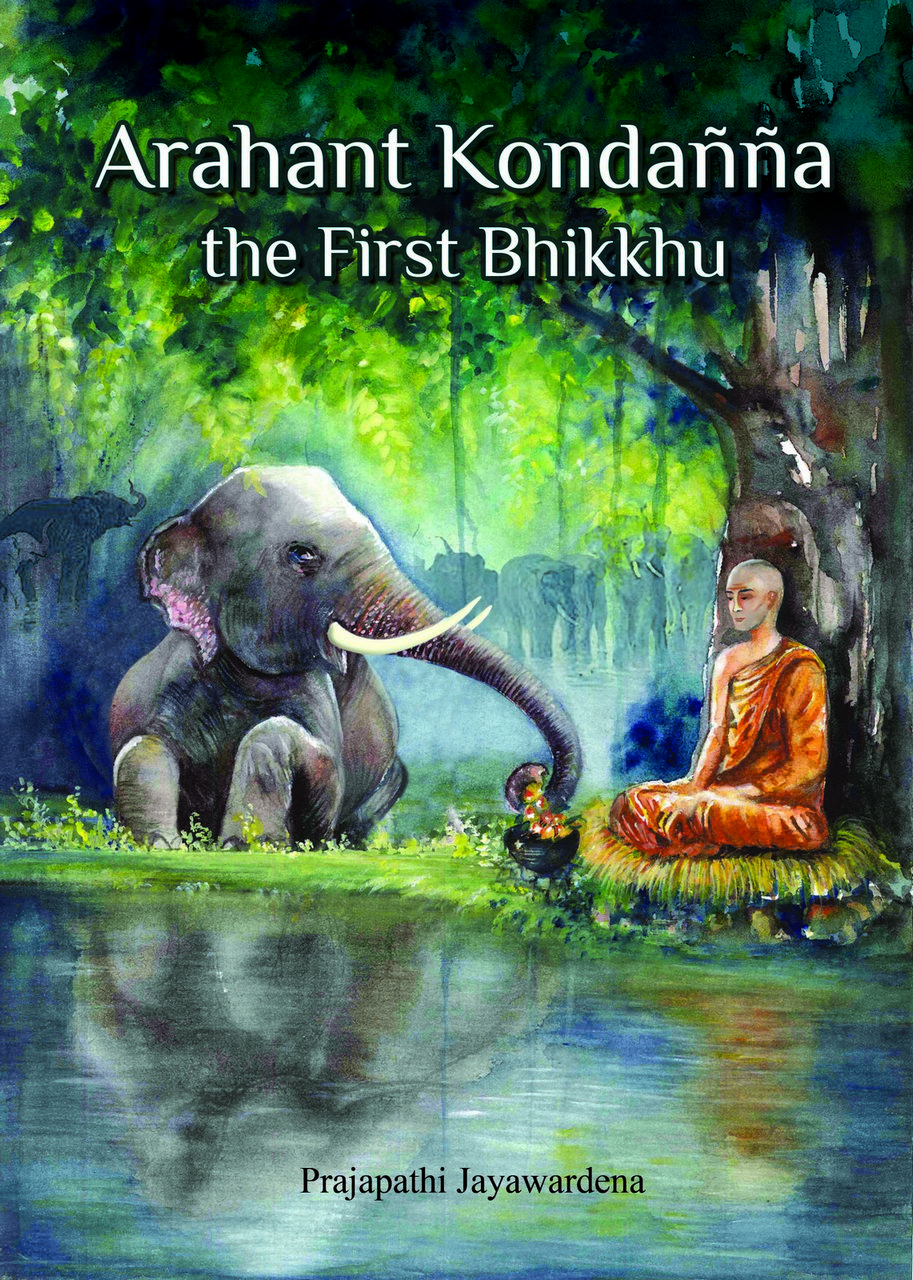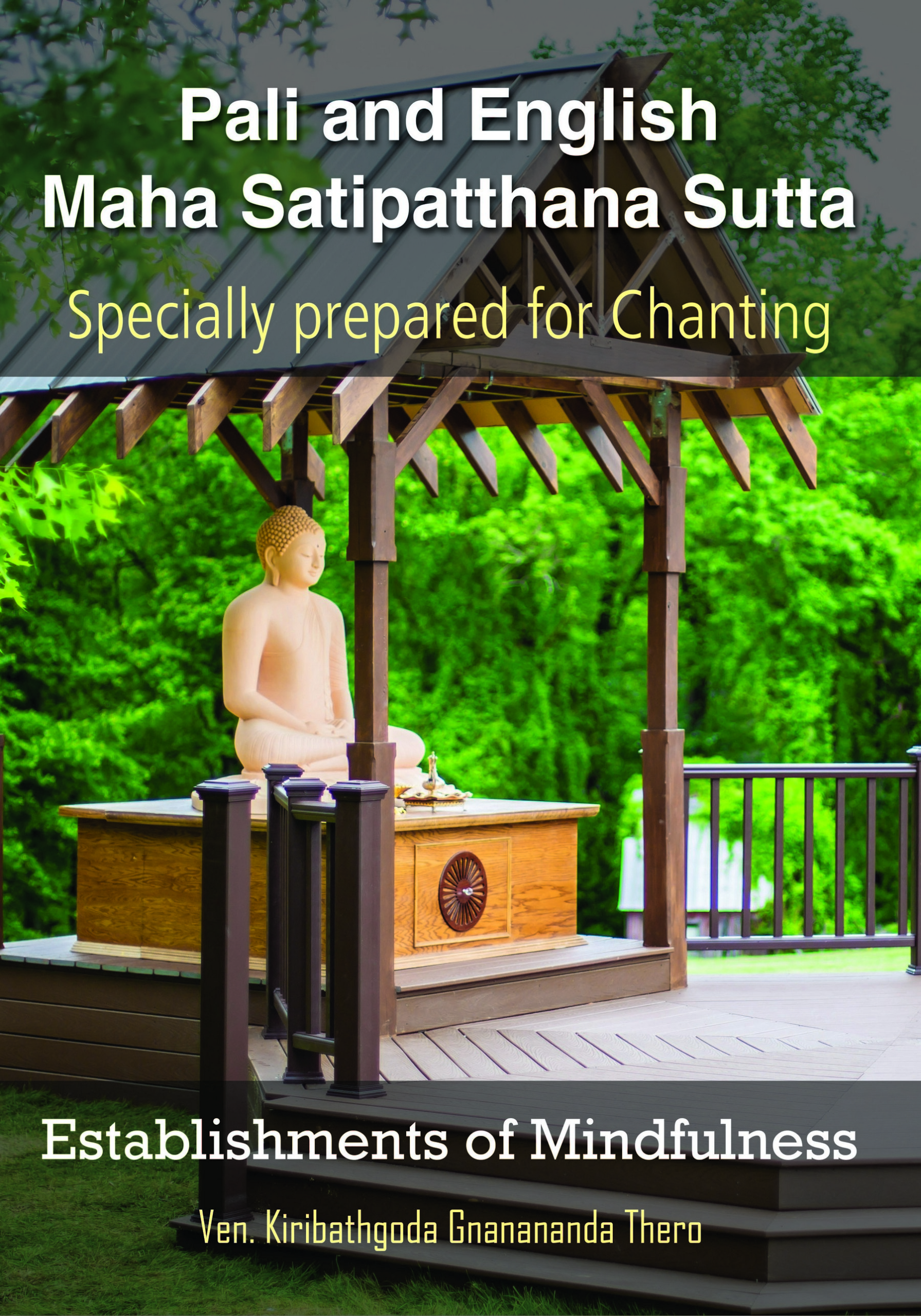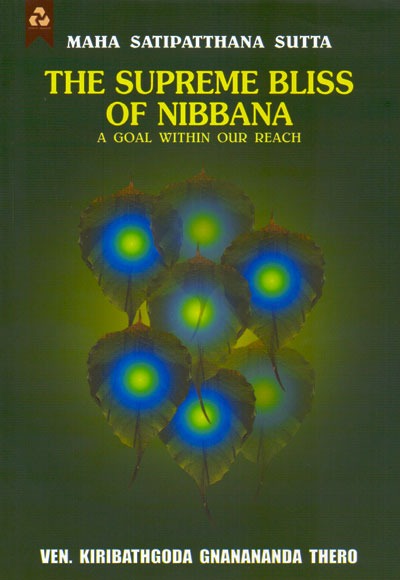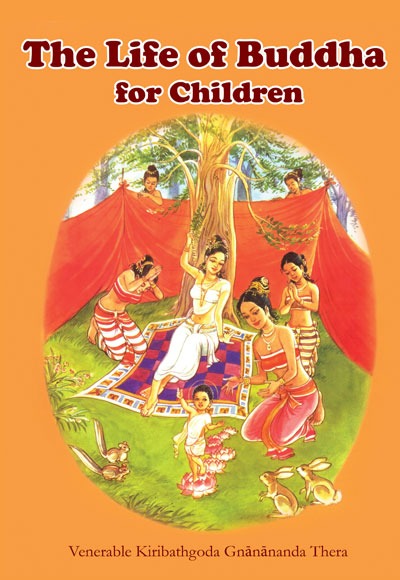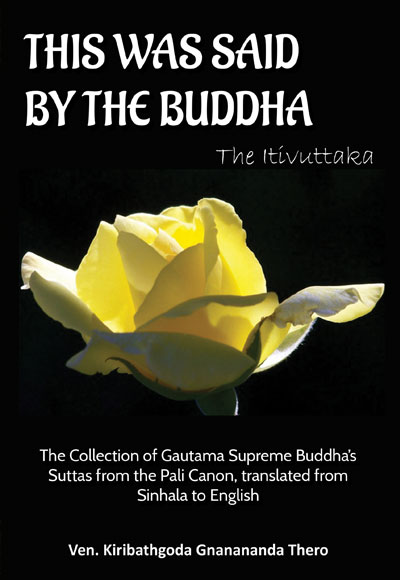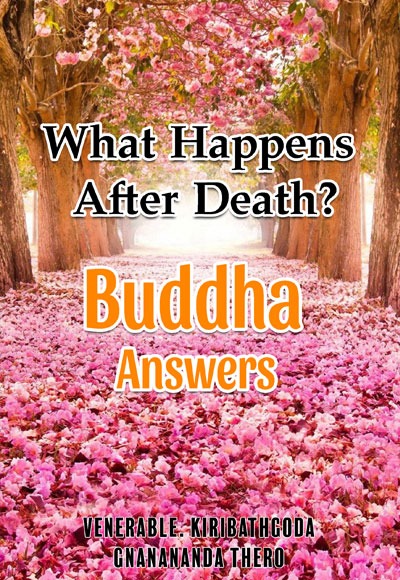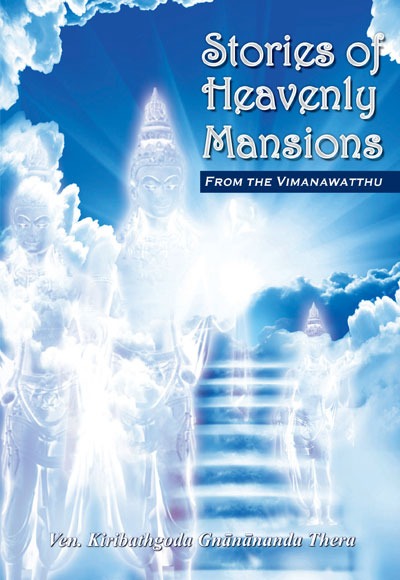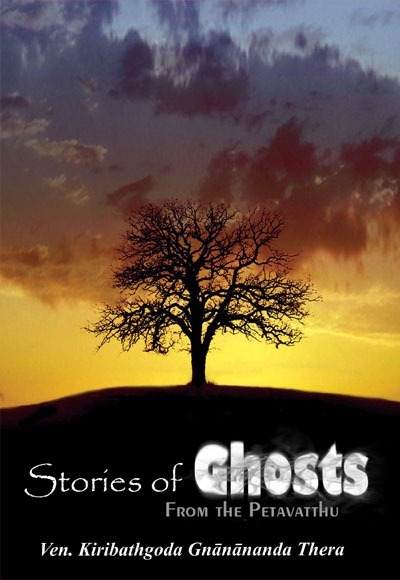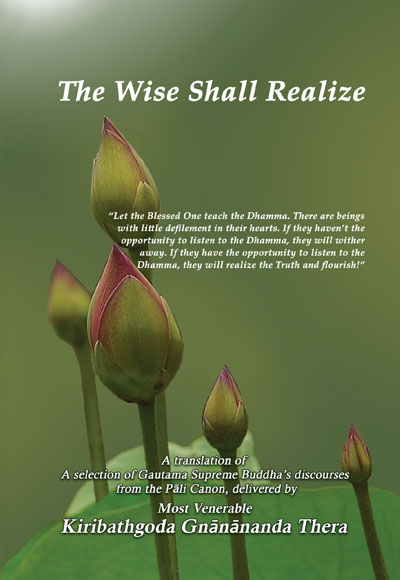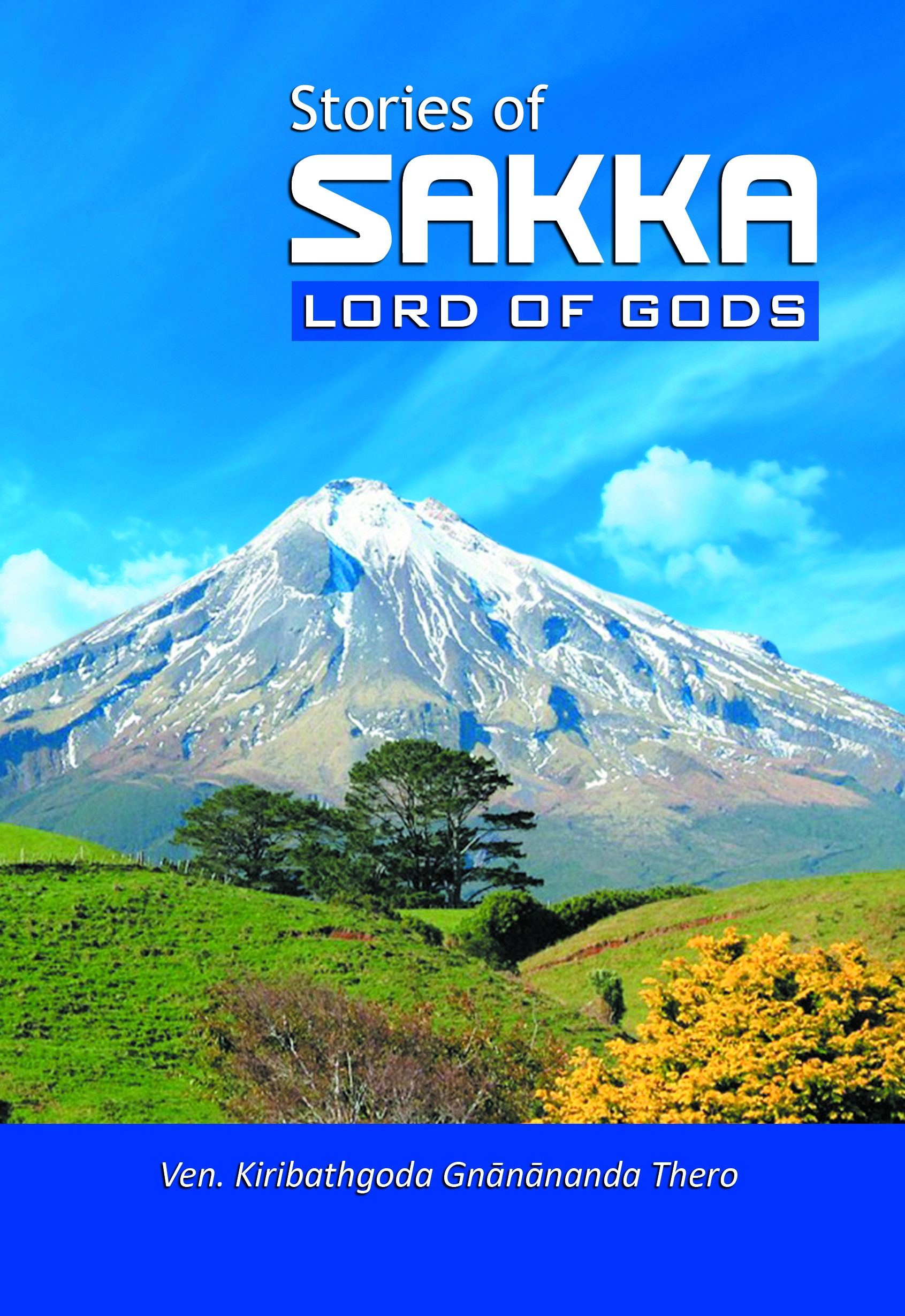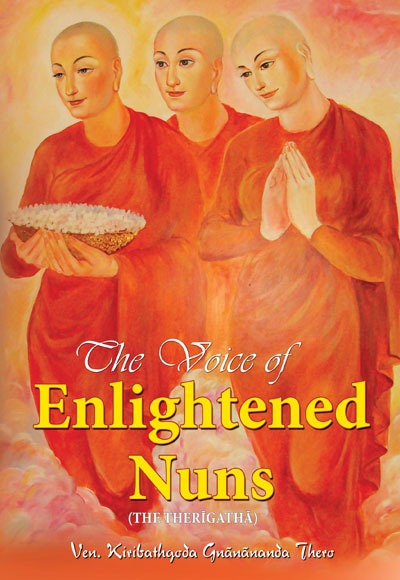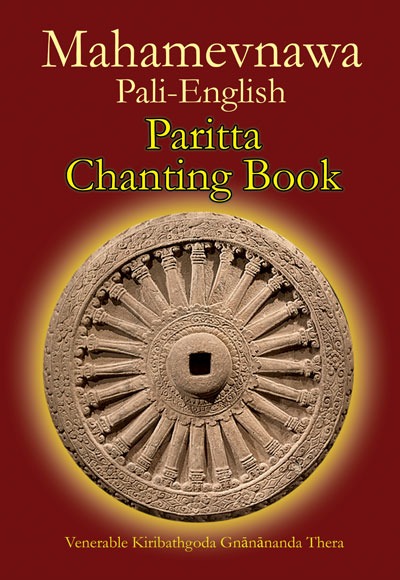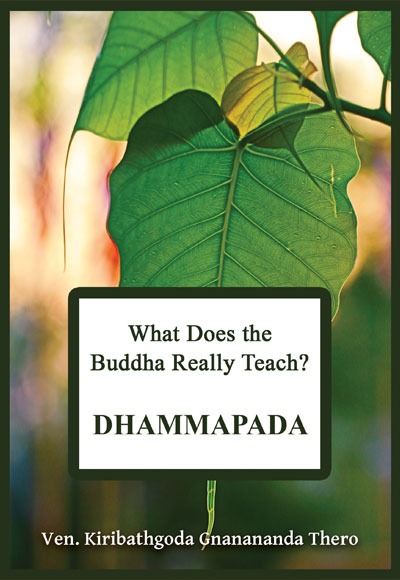From this book you will learn about the gods that live in the highest heavens, the brahma realms. You will see how arrogant gods became disciples of the Buddha. These stories are a translation of the Brahma Samyutta in the Samyutta Nikaya, found in the Sutta Pitaka.
Kokālika Chapter
1. Ayācana Suttaṁ: The Discourse on Brahma’s Request
2. Gārava Suttaṁ: The Discourse on Honoring the Teacher
3. Brahmadeva Suttaṁ: Discourse on Brahmadeva Bhante
4. Baka Brahma Suttaṁ: The Discourse Given to Brahma Baka
5. Aparā Diṭṭhi Suttaṁ: The Discourse about a Certain Wrong View of a Brahma
6. Pamāda Suttaṁ: The Discourse about the Negligence of a Certain Brahma
7. Kokālika Suttaṁ: The Discourse about Monk Kokālika
8. Katamoraka Tissa Suttaṁ: The Discourse about Monk Katamoraka Tissa
9. Tudu Brahma Suttaṁ: The Discourse About Brahma Tudu
10. Dutiya Kokālika Suttaṁ: The Second Discourse about Monk Kokālika
Final Extinguishing Chapter
11. Sanaṅkumāra Suttaṁ: The Discourse Given to Brahma Sanaṅkumāra Approving His Verse
12. Devadatta Suttaṁ: The Discourse Given to Brahma Sahampati Approving His Verse about Devadatta
13. Andhakavinda Suttaṁ: The Discourse of Approving the Verses Recited by Brahma Sahampati in the City of Andhakavinda
14. Arunavati Suttaṁ: The Discourse of the Arunavati Capital
15. Parinibbāna Suttaṁ: The Discourse about the Final Extinguishing of the Buddha
2. Gārava Suttaṁ: The Discourse on Honoring the Teacher
This is how I heard. One time the Blessed One was staying at the province of Uruvelā on the Nerañjarā river bank at the foot of the Goatherd’s Banyan Tree, just after he had become fully enlightened. Then, while the Blessed One was alone in meditation, a thought occurred in his mind thus: “One lives in suffering if one is without a teacher and the guidance of a teacher. Now what ascetic or Brahmin can I honor, respect and stay following his guidance?”
Then it occurred to the Blessed One: “It would be for the sake of fulfilling an unfulfilled aspect of virtue that I would honor, respect, and stay following the guidance of another ascetic or Brahmin. However, in this world with its gods, Māra, and brahma, in this generation with its ascetics and Brahmins, its gods and humans, I do not see another ascetic or Brahmin more perfect in virtue than myself, whom I could honor, respect, and remain following his guidance.
It would be for the sake of fulfilling an unfulfilled aspect of concentration that I would honor, respect, and stay following the guidance of another ascetic or Brahmin. However, in this world with its gods, Māra, and brahma, in this generation with its ascetics and Brahmins, its gods and humans, I do not see another ascetic or Brahmin more perfect in concentration than myself, whom I could honor, respect, and stay following his guidance.
It would be for the sake of fulfilling an unfulfilled aspect of wisdom that I would honor, respect, and stay following the guidance of another ascetic or Brahmin. However, in this world with its gods, Māra, and brahma, in this generation with its ascetics and Brahmins, its gods and humans, I do not see another ascetic or Brahmin more perfect in wisdom than myself, whom I could honor, respect, and stay following his guidance.
It would be for the sake of fulfilling an unfulfilled aspect of liberation that I would honor, respect, and stay following the guidance of another ascetic or Brahmin. However, in this world with its gods, Māra, and brahma, in this generation with its ascetics and Brahmins, its gods and humans, I do not see another ascetic or Brahmin more perfect in liberation than myself, whom I could honor, respect, and stay following his guidance.
It would be for the sake of fulfilling an unfulfilled aspect of the knowledge and vision of liberation that I would honor, respect, and stay following the guidance of another ascetic or Brahmin. However, in this world with its gods, Māra, and brahma, in this generation with its ascetics and Brahmins, its gods and humans, I do not see another ascetic or Brahmin more perfect in the knowledge and vision of liberation than myself, whom I could honor, respect, and stay following his guidance.
Therefore, let me honor and live in dependence on this very Dhamma as my teacher, which I have fully realized.”
Then brahma Sahampati, having known the reflection in the Blessed One’s mind, just as quickly as a strong man extends his drawn-in arm or draws in his extended arm, disappeared from the brahma world and reappeared in front of the Blessed One. Brahma Sahampati arranged his upper robe over one shoulder, knelt down with his right knee on the ground, worshipping respectfully, he said to the Blessed One: “So it is, Blessed One! So it is, Well Gone One! Bhante, those who were the Arahants, the Supremely Enlightened Buddhas in the past—those Blessed Ones too honored, respected, and lived in dependence just on the Dhamma itself as a teacher. Those who will be the Arahants, the Supremely Enlightened Buddhas in the future—those Blessed Ones too will honor, respect, and live in dependence just on the Dhamma itself as a teacher. Let the Blessed One too, who is at present the Arahant, the Supremely Enlightened One, honor, respect, and live in dependence just on the Dhamma itself as a teacher.”
This is what brahma Sahampati said. Having said this, he further said this in verse:
“There lived the Supreme Buddhas in the past. There will live the Buddhas in the future. Removing the sorrow of many beings, there lives the Supreme Buddha in the present.
“All the Buddhas who lived, will live, and live now, regarded the Dhamma as their teacher, deeply respecting it. This is a natural law for all the Buddhas.
“Therefore, the person desiring his own good, wishing for great spiritual growth, should deeply respect the Supreme Dhamma, recollecting the Buddha’s training.”
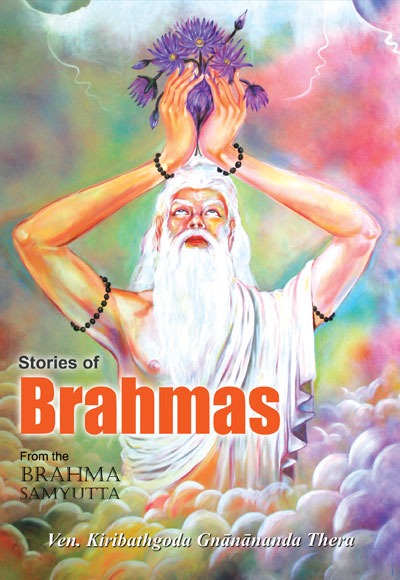
In Sri Lanka
All of these books are available at the book shops in our monasteries and our online store Mahamegha.store
In Colombo they are available at the Tripitaka Sadaham Poth Medura in the YMBA building on Austin Place. Phone 01 14 255 987.

